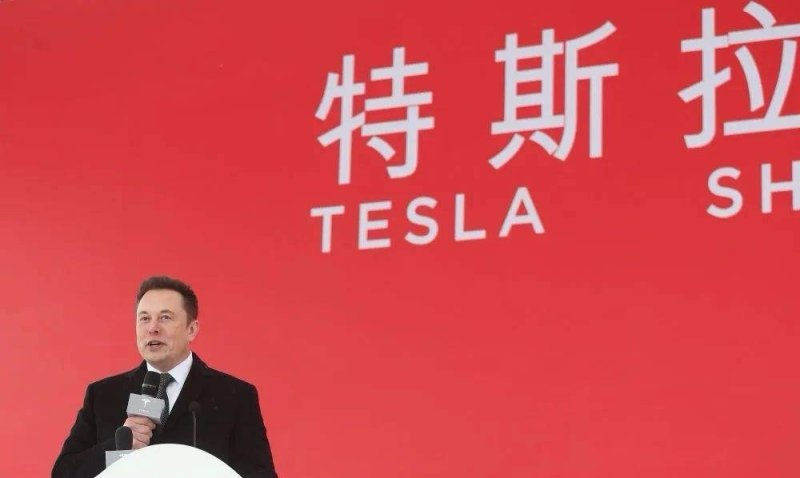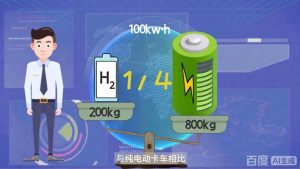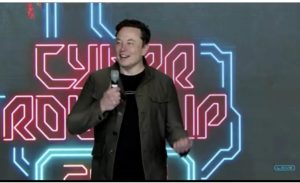As global awareness of sustainable development and environmental protection intensifies, new energy vehicles have become a significant direction for the automotive industry’s growth. Tesla CEO Elon Musk’s recent visit to China not only resolved issues related to data security compliance but also highlighted his vision for the future transportation landscape on multiple occasions—the era of all-electric vehicles is approaching. This article will explore the current state and future of new energy electronic technology and how it shapes our modes of transportation.
I. The Current State of New Energy Electronic Technology
New energy electronic technology primarily refers to the electronic technology applied in new energy vehicles, including Battery Management Systems (BMS), motor control, and onboard charging equipment. Currently, lithium-ion batteries are widely used in electric vehicles due to their high energy density and long cycle life. However, with technological advancements, new energy storage technologies such as solid-state batteries and supercapacitors are gradually emerging.
II. Challenges of New Energy Electronic Technology
Despite significant progress, new energy electronic technology still faces several challenges. The first is the safety issue of batteries, such as the risk of fire caused by thermal runaway. Secondly, the driving range and charging speed of batteries directly affect the user experience. Additionally, the recycling and reuse of batteries are pressing issues that need to be addressed.
III. Future Trends of New Energy Electronic Technology
In response to these challenges, the development trends of new energy electronic technology are continuously evolving. For instance, the research and development of solid-state batteries are advancing towards higher safety and energy density, with commercialization expected in the next few years. Meanwhile, research on wireless charging technology is progressively advancing, with the hope of achieving dynamic charging of electric vehicles on the move in the future. Furthermore, intelligence and networking will become important directions for the development of new energy electronic technology, optimizing energy allocation and management through vehicle networking technology.
IV. Prospects for the All-Electric Vehicle Era
Elon Musk’s prediction is not without foundation. With the advancement of new energy electronic technology, the arrival of the all-electric vehicle era now has a technical basis. Future electric vehicles will be more than just simple transportation tools; they will integrate intelligent navigation, autonomous driving, energy management, and other high-tech features into a mobile intelligent platform. This will greatly improve transportation efficiency, reduce energy consumption, and ultimately achieve zero emissions in transportation.
The development of new energy electronic technology is key to realizing the all-electric vehicle era. With continuous breakthroughs and innovations in technology, we have reason to believe that future transportation will be greener, smarter, and more efficient. Elon Musk’s visit to China represents not only a victory for Tesla in terms of data security compliance but also a powerful declaration of the vision for the future of all-electric vehicles. Let us wait and see what kind of transformation the arrival of the all-electric vehicle era will bring to human society.





